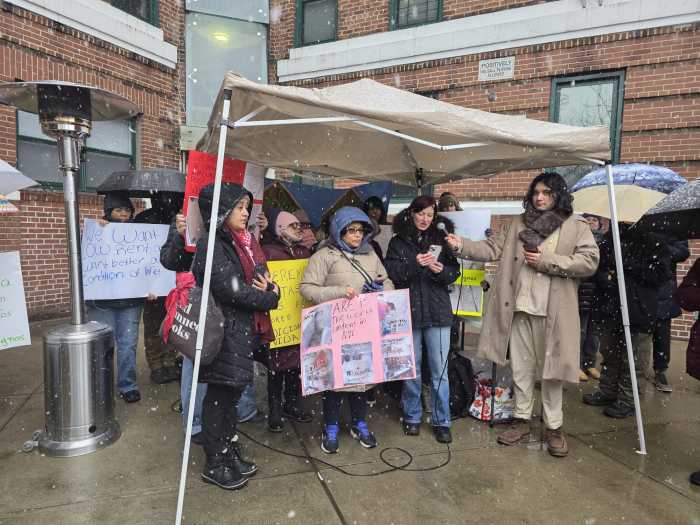A package of anti-age discrimination bills co-sponsored by Councilman Paul Vallone was unanimously passed by the Council on Thursday, Nov. 19.
The package of five bills will create a Center for Older Workforce Development, prevent and address age discrimination in the workplace and help develop the older adult workforce.
“It is unacceptable that our older New Yorkers continue to face discrimination and harassment at all stages of employment due to age discrimination, which persists as one of the most prevalent forms of discrimination in the American workplace,” said Vallone, chair of the Committee on Economic Development and the Council’s Aging Committee.
The five following bills were introduced by the Aging Committee Chair Council Member Margaret Chin and Council Member Diana Ayala:
- Int 1694-A creates an office dedicated to combating ageism in the workplace and to developing the older workforce, called the Center for Older Workforce Development.
- Int 1693-A requires the Department for the Aging (DFTA) to provide guidance and support to the Center for Older Workforce Development, as created by Proposed Int. No. 1694-A.
Int 1695-A requires New York City Commission on Human Rights (CCHR) to conduct a two-year study related to age discrimination in the workplace. - Int 1684-A requires the City Commission on Human Rights to create an anti-discrimination poster that includes age discrimination, and to provide additional age discrimination resources on its website.
- Int 1685-A requires all City agencies to provide age discrimination training to their employees every two years.
- In a recent national survey conducted by the American Association of Retired Persons (AARP) of adults older than 45, 61 percent of respondents indicated that they have seen or experienced age discrimination in the workplace, and 38 percent of the respondents indicated that such discrimination is “very common.”
In the last 15 years, the number of older New Yorkers in the workforce has steadily increased and, with the COVID-19 pandemic, age discrimination has only worsened for older Americans, who have reported targeted layoffs in recent months.
Layla Malamut, a paralegal in the Employment Law Project at the New York Legal Assistance Group, said that the legislation could not come at a better time.
“The U.S. Bureau of Labor Statistics recently found that the fastest growing segment of the American workforce is employees aged 65 and older, as more Americans are choosing to stay in the workforce longer,” said Malamut, who testified at a previous hearing about the bills. “Our clients have all too often described supervisors who made overt comments targeting their age, complaining that they were ‘too old’ to do their job or asking them when they planned to retire.”
Vallone thanked his colleagues, Margaret and Ayala, on leading the charge in passing the legislation.
“These preventative measures will help eliminate barriers to employment, educate employers, and offer needed protections to our older New Yorkers,” Vallone said.



































